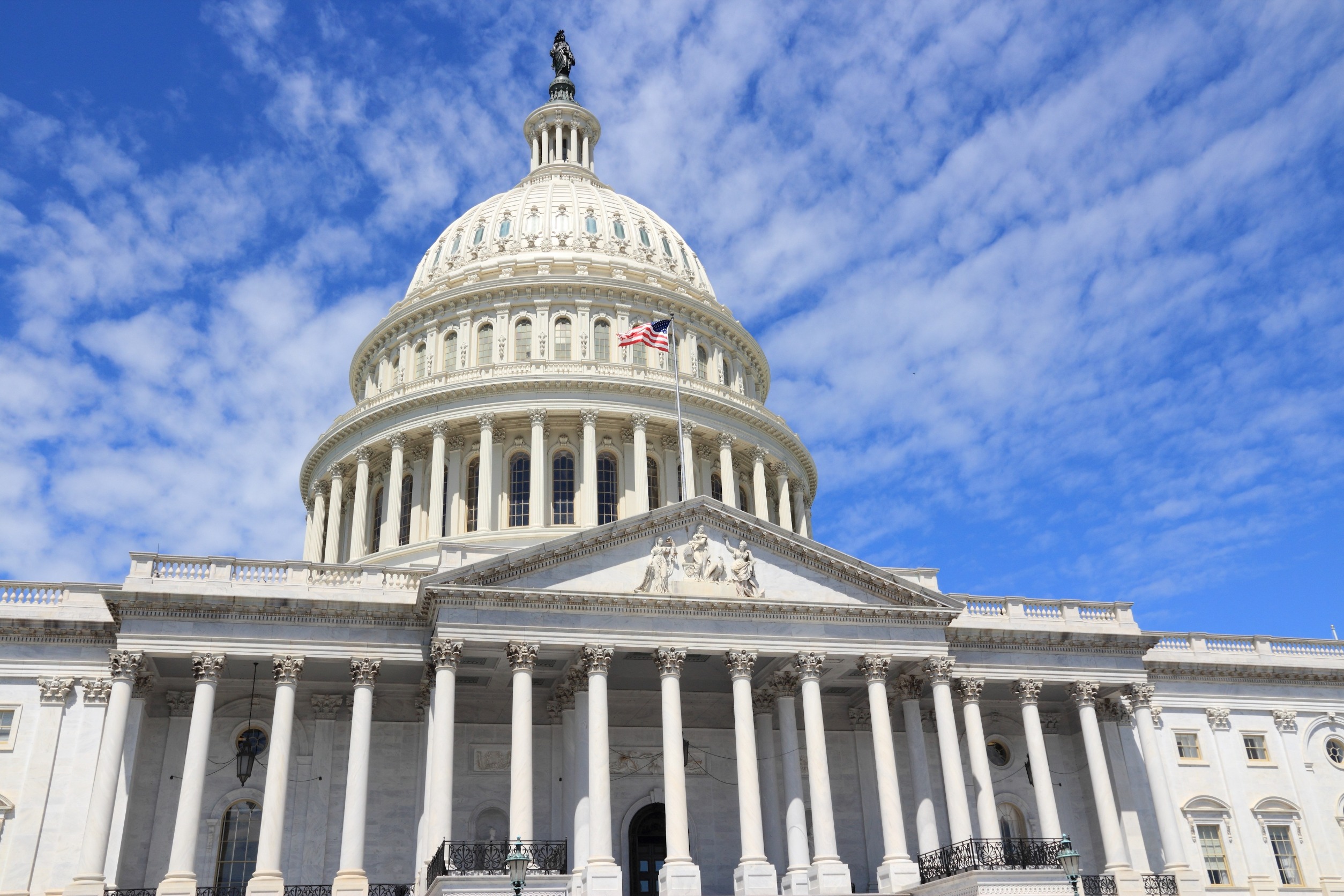Eric Larson | December 2011 Issue
Ask anyone under 40 about Kiwanis International, Rotary International, Toastmasters International or Lions Clubs International, and you’re likely to get one of the following reactions: blank stares, a story about a grandparent’s involvement or this question: “Don’t they, like, organize pancake breakfasts or something?” Chances are you’d get a better response in places like China, United Arab Emirates or Pakistan.
While civic participation among Americans has declined in recent decades—a trend chronicled in Harvard sociologist Robert Putnam’s 2000 book Bowling Alone—these American-born organizations with an international scope and presence have been adding a greater percentage of members outside the U.S.—including countries in which “civic-mindedness” isn’t exactly high on the list of adjectives describing official policy—than at home. Lions Clubs have increased by 80,000 members outside the U.S. in just seven years, while Toastmasters and Rotary have grown by 20,000 non-U.S. members. Meanwhile, these groups are losing ground in the U.S., but maybe the international offshoots are the future. Is there a mysterious surge in humanitarian sentiment in particular parts of the world? Not so much, believes Dane LaJoye of the Lions Club, who suggests the reason for growth has more to do with a move upward on Abraham Maslow’s hierarchy of needs. “These economies have grown,” LaJoye says, “and there is a larger middle and upper middle class than before. Of course people become involved because they want to give back to their community, but it’s usually business men and women joining—because they can afford it.” John Hewko, general secretary and CEO of Rotary International, says the popularity of his organization in unlikely corners of the world is a sign that more people want to “get involved in volunteerism and experience the rewards of giving back to their communities, perhaps for the first time.”
The uptick of civic engagement in authoritarian countries doesn’t surprise Sunder Ramaswamy, an economist and the president of The Monterey Institute of International Studies at Middlebury College in Vermont. “These associations fill a space and vacuum that individuals need [to see filled, and those solutions are] obviously not being provided by the more formal structures.”
The return of the Rotary
More of Today's Solutions
Women in New Mexico make history with legislative majority
BY THE OPTIMIST DAILY EDITORIAL TEAM With 60 of the 112 seats in the state legislature, New Mexico women have set a new benchmark ...
Read MoreRat patrol: African rodents trained to sniff out smuggled wildlife products
BY THE OPTIMIST DAILY EDITORIAL TEAM Move over, sniffer dogs! Scientists in Tanzania are now using African giant pouched rats to locate smuggled wildlife ...
Read MoreNeed more vitamin D? Add these 5 foods to your diet
The shorter days of winter months means most of us are spending less time in the sunshine than we used to. As we head ...
Read MoreBritish 13-year-old finds hoard of Bronze Age artifacts with her metal detector
Thirteen year old Milly Hardwich was using her metal detector for the first time in Royston, England when she came upon something unexpected. Milly ...
Read More










